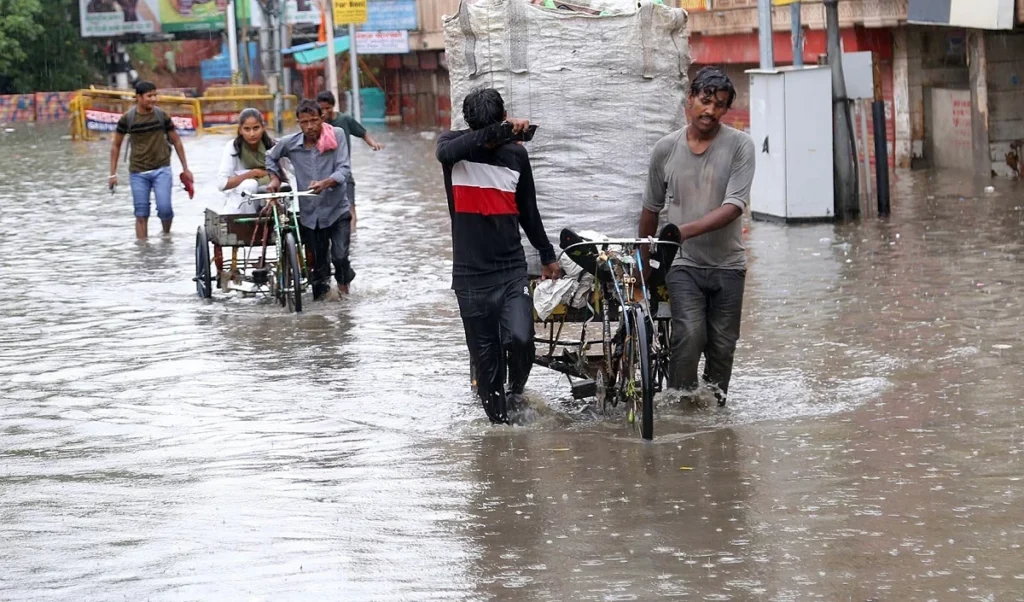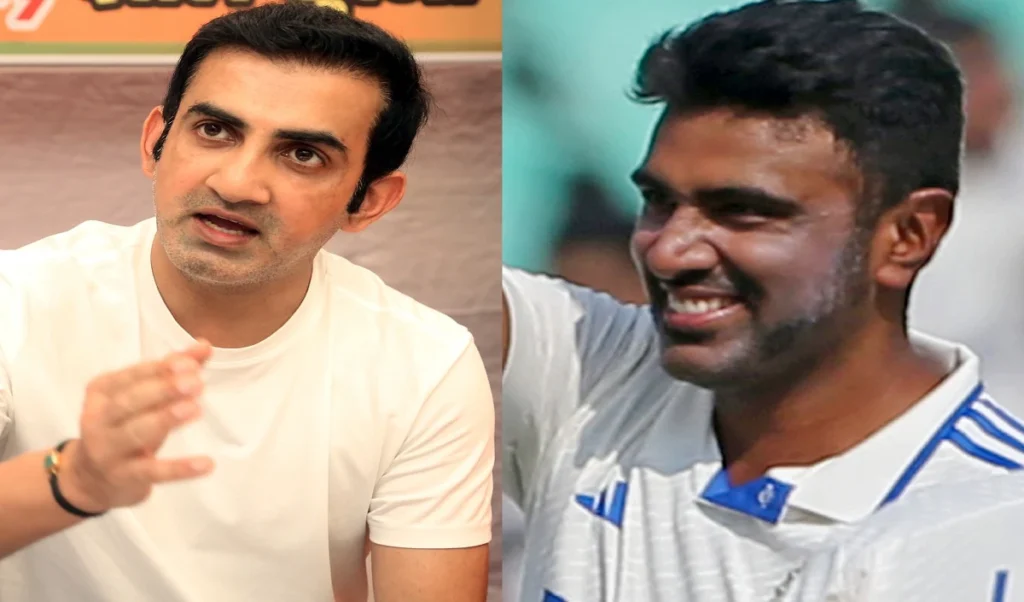Discussions are going on between the BJP and its allies about who will be the Speaker of the 18th Lok Sabha. On the other hand, the opposition is also trying to field its candidate for the post of Speaker. The opposition also says that the government should give it the post of Deputy Speaker, but the government does not seem to be in the mood to give either of these two posts to the opposition. Therefore, it is believed that the session of the 18th Lok Sabha can be tumultuous. However, if we look at the political history, it is known that till now the election for the post of Lok Sabha Speaker has been done by consensus. Therefore, if the opposition creates a situation of election by fielding a candidate for the post of Lok Sabha Speaker next week, then it will be the first time in the history of independent India. Since the selection of the presiding officer in the Lok Sabha has always been done by consensus, if this tradition is broken this time, it will be a major political event.
History of Presiding Officers
Let us tell you that before independence, the Parliament was called the Central Legislative Assembly and the first election for the post of its Speaker was held on 24 August 1925 when Swarajist Party candidate Vitthalbhai J. Patel won this election against T. Rangachariar. Vitthalbhai J. Patel, the first non-official member to be elected as Speaker, won the first election by a narrow margin of two votes. Patel got 58 votes, while T. Rangachariar got 56 votes. Elections were held six times between 1925 and 1946 for the post of Speaker of the Central Legislative Assembly. Vitthalbhai Patel was unanimously re-elected to this post on 20 January 1927 after completing his first term. Patel resigned on 28 April 1930 after Mahatma Gandhi called for civil disobedience. Sir Muhammad Yakub (78 votes) won the Speaker’s election against Nand Lal (22 votes) on 9 July 1930. Yakub held the post for the last session of the Third Assembly. In the Fourth Assembly, Sir Ibrahim Rahimtulla (76 votes) won the Speaker’s election against Hari Singh Gour who got 36 votes. Rahimtulla resigned on 7 March 1933 for health reasons and Shanmukham Chetty was unanimously appointed in his place on 14 March 1933. Sir Abdur Rahim was elected Speaker of the Fifth Assembly on 24 January 1935. Rahim had received 70 votes while T.A.K. Shervani had the support of 62 members. Rahim held the high office for more than 10 years as the term of the Fifth Assembly was extended from time to time due to proposed constitutional changes and later due to the Second World War.
The last contest for the post of Speaker of the Central Assembly was held on January 24, 1946, when Congress leader G.V. Mavalankar won the election by a margin of three votes against Cowasji Jehangir. Mavalankar got 66 votes while Jehangir got 63 votes. Mavalankar was then appointed Speaker of the Constituent Assembly and the Interim Parliament, which came into being after the Constitution came into force on January 26, 1950. Mavalankar remained Speaker of the Interim Parliament till April 17, 1952, when the Lok Sabha and Rajya Sabha were constituted after the first general elections.
Since independence, Lok Sabha Speakers have been elected unanimously. It is worth mentioning here that only MA Ayengar, GS Dhillon, Balram Jakhar and GMC Balayogi have been re-elected to the coveted post in subsequent Lok Sabhas. Ayengar, the first Deputy Speaker of Lok Sabha, was elected Speaker in 1956 after the death of Mavalankar. He won the 1957 general elections and was elected Speaker of the second Lok Sabha. Dhillon was elected Speaker of the fourth Lok Sabha in 1969 after the resignation of Speaker N Sanjiva Reddy. Dhillon was also elected Speaker of the fifth Lok Sabha in 1971 and held the post till 1 December 1975. He left the post during the Emergency.
Apart from this, Balram Jakhar was the Speaker of the seventh and eighth Lok Sabha and has the distinction of being the only presiding officer to complete two full terms. Balayogi was elected Speaker of the 12th Lok Sabha, whose tenure was 19 months. He was also elected Speaker of the 13th Lok Sabha on 22 October 1999. Balayogi died in a helicopter crash on 3 March 2002. BJP MP Om Birla was the Speaker in the last Lok Sabha. There is uncertainty about whether he will become the Speaker this time or not. But one thing is clear that the post of Speaker will remain with the BJP. The Prime Minister has entrusted the task of building consensus among the allies on the issue of Lok Sabha Speaker to Defense Minister Rajnath Singh and it is believed that the situation on this issue will become more clear in a day or two. On the other hand, the opposition has also geared up. In fact, the opposition alliance ‘India’, excited by its increased strength in the Lok Sabha, is now aggressively demanding the post of Deputy Speaker, which is traditionally held by a member of the opposition party. A senior Congress leader said, “If the government does not agree to make the Leader of the Opposition the Deputy Speaker, we will contest the election for the post of Lok Sabha Speaker.”
Let us tell you that the first session of the 18th Lok Sabha will begin on June 24, during which new members of the lower house will take oath and the Speaker will be elected. It is worth noting that in the Lok Sabha elections, ‘India’ won 234 seats, while the Bharatiya Janata Party-led NDA retained power for the third consecutive time by winning 293 seats. Telugu Desam Party (TDP) with 16 seats and Janata Dal (U) with 12 seats are the biggest allies of the BJP. BJP has won 240 seats. JD (U) has announced support to the BJP candidate for Lok Sabha Speaker, while TDP has supported the consensus candidate for this prestigious post. However, the opposition alliance is asking TDP to insist on the post of Lok Sabha Speaker or face a gradual disintegration in the party.
-Neeraj Kumar Dubey



